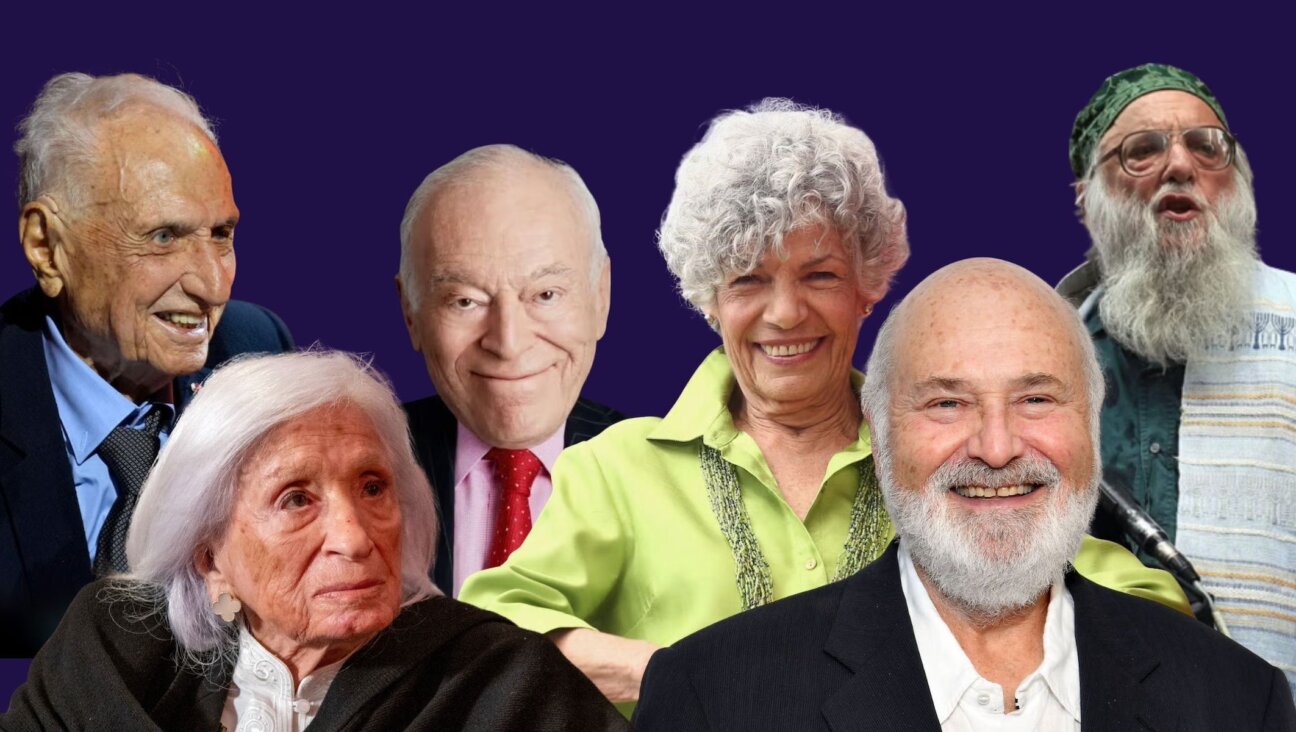Syria’s Assad Still Controls Chemical Weapons: Israel
A senior Israeli official said on Saturday that Syrian President Bashar al-Assad retains control of Syria’s reputed chemical weapons and they are not sought by his Hezbollah guerrilla allies in neighbouring Lebanon.
Defence Ministry strategist Amos Gilad spoke after another Israeli official disclosed that Israel had sent warplanes on Friday to attack a Hezbollah-bound missile shipment in Syria, where Assad is battling a more than two-year-old insurgency.
Israel has long made clear it is prepared to resort to force to prevent advanced Syrian weapons reaching Hezbollah or jihadi rebels. In late January, regional sources said Israel destroyed a convoy carrying Syrian anti-aircraft missiles to Hezbollah.
“Syria has large amounts of chemical weaponry and missiles. Everything there is under (Assad government) control,” Gilad said in a speech.
“Hezbollah does not have chemical weaponry. We have ways of knowing. They are not keen to take weaponry like this, preferring systems that can cover all of the country (Israel),” he said.
He was apparently referring to Hezbollah’s conventional ground-to-ground missiles, whose number the Israelis put at around 60,000.
“Chemical weapons kill those who use them,” Gilad added.
The Assad government has hedged on whether it has chemical weapons while saying it would not use such arms against Syrians.
The matter has been subject to intensive international scrutiny since Israel and the United States last month published findings indicating Assad forces had used chemical weapons during the insurgency.















